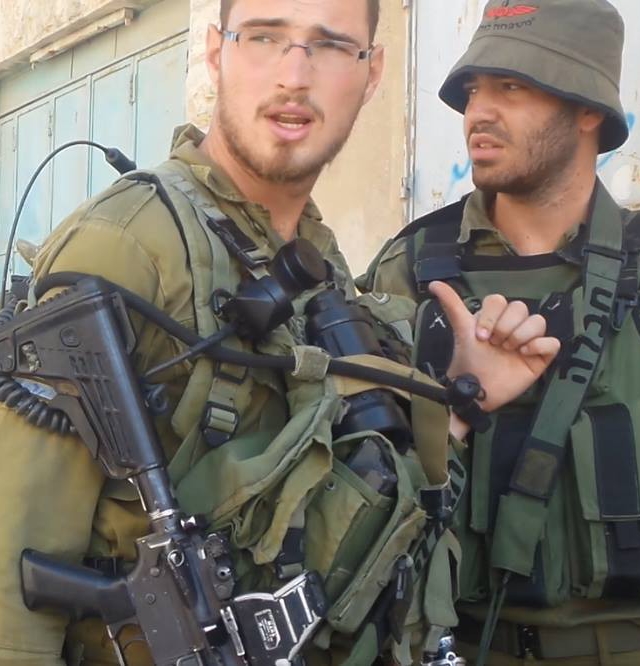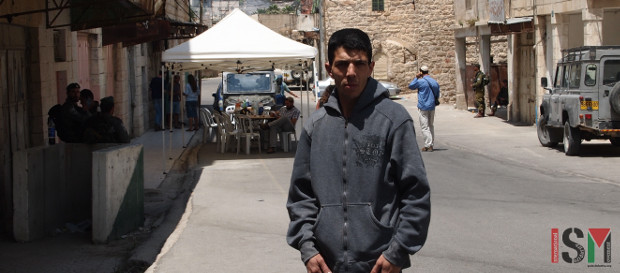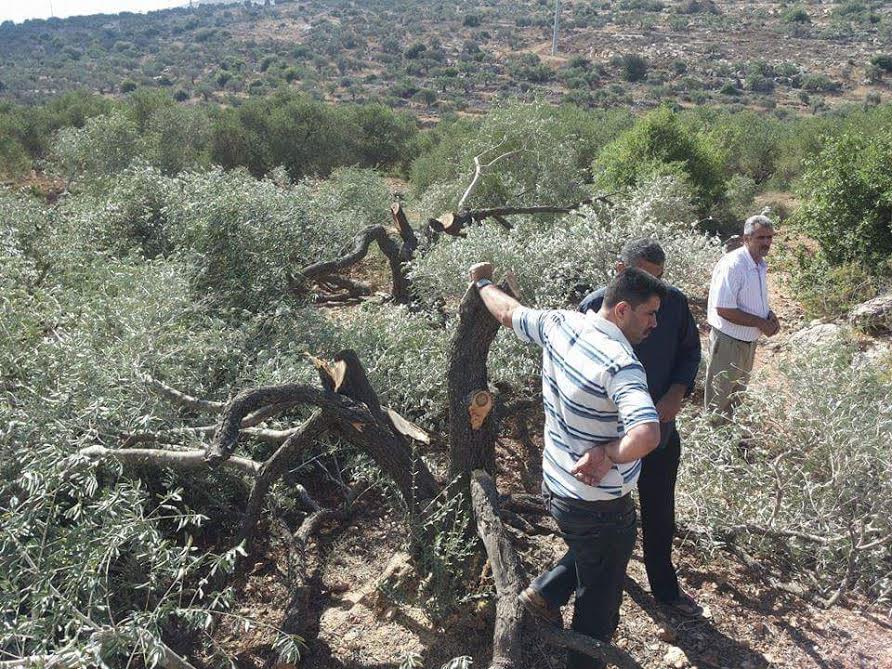Author: ISM Media
-
Israeli soldier attempts to arrest Palestinian, activists intervene
27th June 2015 | International Solidarity Movement, Al Khalil Team | Al Khalil, Occupied Palestine Below the video is an account of what happened: Yesterday, 26 of June 2015 approximately 21:30, nineteen year old Hatem Al Mohtaseb from Tel Rumeida, Hebron, was walking up the hill of Tel Rumeida when an Israeli soldier detained…
-
Settlers under the protection of Israeli forces prevent Palestinian shops from opening
24th June 2015 | International Solidarity Movement, Al Khalil Team | Al Khalil, Occupied Palestine Around 8:30 this morning on Shuhada street in Hebron, Israeli settlers, soldiers, and border police arrived and put up a breakfast tent right outside of two shops owned by a Palestinian man. The settlers remained in front of his shops…
-
Israeli settlers use chainsaw to destroy over 60 olive trees near Nablus
23rd June 2015 | International Solidarity Movement, Huwwara Team | Nablus, Occupied Palestine On Sunday, 21st of June, residents of the Jamma’in village in the Nablus region discovered that Israeli settlers had cut down over 60 Palestinian owned olive trees. They suspect that the trees had been destroyed the previous day with a chain saw.…



